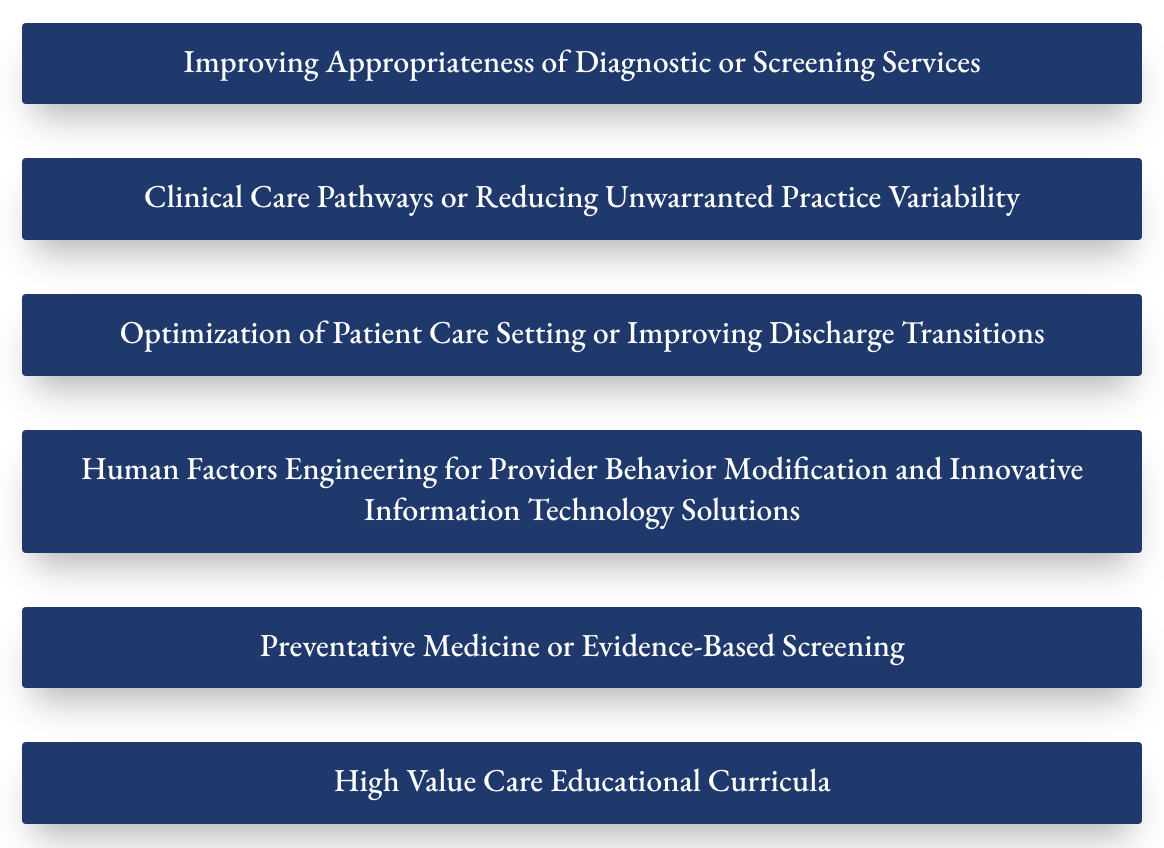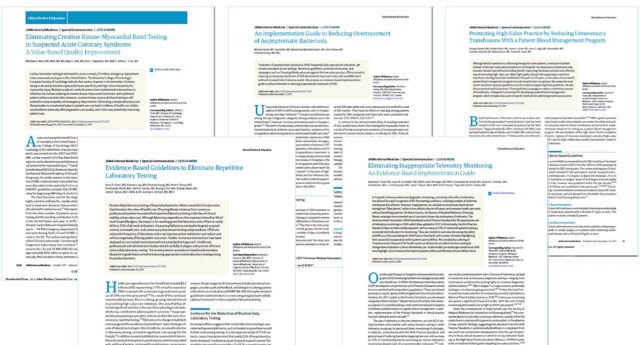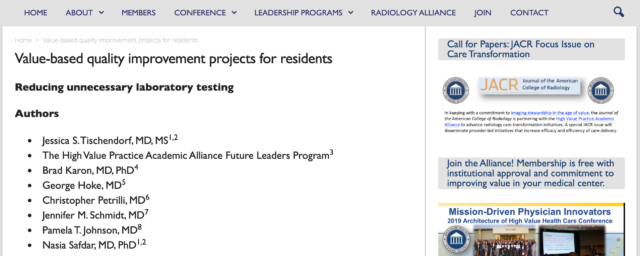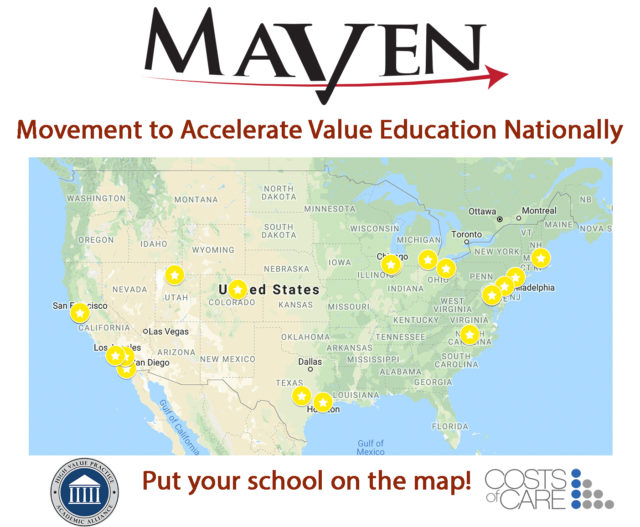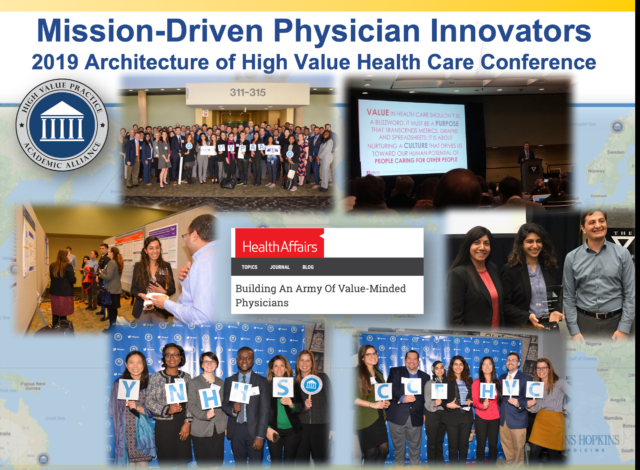From the 2022 HVPA National Conference
Anjeli Patel MD (Medical College of Georgia), Daniel Adamkiewicz MD, Nishtha Ahuja MD, James Alin (Graduate), Nikhil Gangasani (Undergraduate), Darsani Reddy MD
Background
As costs to patients increase, value-based healthcare is growing in importance in our current healthcare system. To increase exposure to value-based healthcare practices in medical education, our team designed an annual case competition to introduce value-based healthcare to students at our institution. This paper will discuss the first two years of this initiative. Students at the Medical College of Georgia, the Augusta University College of Nursing, and other allied health programs were encouraged to form multidisciplinary teams to solve a healthcare case with value deficits. Students then practiced and implemented quality improvement practices via a realistic healthcare case. The rationale for this experience is to promote experiential education in high value care.
Objective
We identified 5 key objectives for participants to accomplish through this competition including to 1) define high value care and apply this knowledge to clinical practice, 2) describe sources and consequences of waste in healthcare for society, 3) describe the problem of financial harm for individual patients, 4) identify specific causes of waste in healthcare at an institutional level, and 5) create programs that drive value in complex health systems.
Competition Overview
We identified objectives based on the Choosing Wisely campaign and our hospital’s chief quality and chief experience officers. We then networked with leaders in quality improvement at our institution to work as faculty advisors. Based on input from subject matter experts, quality improvement leaders at our institution, and Choosing Wisely resources, we designed a case with multiple value deficits, and wrote a participant packet which included the case and background information. We engaged Choosing Wisely and our medical center as sponsors in order to secure a cash prize and other small prizes to incentivize participants. By reaching out to the first and second year classes at our medical school and faculty of other healthcare programs at our institution, we recruited multidisciplinary teams to participate. We assembled a panel of expert judges from our faculty, and provided them with a rubric that assessed team presentations on 5 core objectives. Judges then evaluated team presentations, and the winners were awarded prizes. We used this template template to hand-over the competition to a new generation of leadership, who expanded the competition the following year.
Results
In its inaugural year this competition included 6 teams with a total of 28 participants. In 2021, the competition included 13 teams and 63 participants. This included MD, MSN, and BSN students. In 2020, the winning team used fishbone diagrams and a six-sigma approach to create a “post-discharge advocacy liaison (PAL)” for patients recovering from myocardial infractions. In 2021, the winning team proposed using “population healthcare managers” to reduce the incidence of stroke in our community.
Conclusions
We created a case competition that increased engagement with key value-based healthcare concepts for students at our institution. We handed-off the competition to a new generation of leaders who then expand engagement at our institution, helped replicate it at other medical schools, and have since created a national competition.
